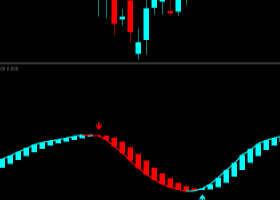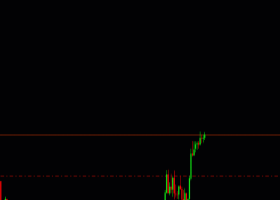
According to Britain's statistics age½ncy, the UK economy has grown less since 2008 recession. The news is potentially awkward for Prime Minister
David Cameron
and Treasury chief
George Osborne
ahead of an election next year, in which the economy looms large.
The pound fell soon after the data were released, the WSJ reports.
Britain’s Office for National Statistics confirmed the U.K. economy expanded 0.7% in the third quarter compared with the second. But the ONS said growth in the first half of 2014 was nudged down, dragging the year-over-year growth rate lower, to 2.6% from 3% previously. It also reduced estimates for growth for part of 2013.
The revisions mean the U.K. economy was 2.9% larger at the end of the third quarter than it was in the first quarter of 2008, just before it tipped into recession. The ONS previously estimated the economy was 3.4% above its prerecession peak.
The agency said the revisions follow the arrival of fresh data on overseas trade from Britain’s customs authority as well as new figures for services-sector activity and household spending. The changes also reflect lower business investment and errors in measuring tourist spending, the ONS said.
The British currency fell shortly after the data were released. Late Tuesday the pound was trading at $1.5521, its lowest level since August 2013.
Further data Tuesday showed the current-account deficit, the broadest measure of Britain’s foreign trade, widened to £27 billion ($42 billion) in the third quarter, the largest shortfall on record.
“The latest set of national accounts leave the U.K.’s economic recovery looking more fragile than it seemed before,” said
Samuel Tombs,
senior U.K. economist at Capital Economics, in a note to clients.
Although falling oil prices should help support consumer
spending, investors are increasingly unsettled by the risk the poll
produces no clear result, complicating efforts to wrestle down the
U.K.’s budget deficit.
Mr. Cameron and Mr. Osborne will be hoping the economy can sustain its momentum in 2015 and help return them to power in May’s general election.
“There is the very real risk that growth
could take a significant hit in 2015 from heightened political
uncertainty in the run-up to May’s general election,” said Howard
Archer, chief European and U.K. economist at IHS Global Insight.
Analysts said the revisions are also likely to reinforce expectations the Bank of England won’t raise interest rates in the U.K. until late next year, if not later. Overnight interest rates imply investors are doubtful a rate rise will happen until 2016, given low inflation in the U.K. and much of the developed world.
The authorities have long hoped a revival in exports and investment would help reduce Britain’s reliance on domestic consumption to fuel growth, but economists said the new numbers suggest that aspiration remains distant.


